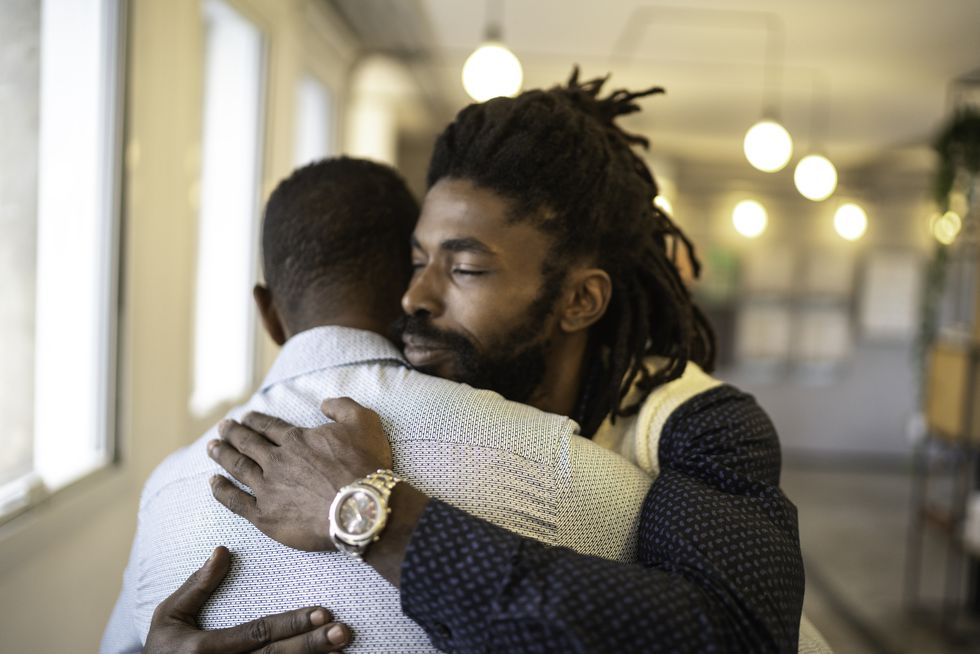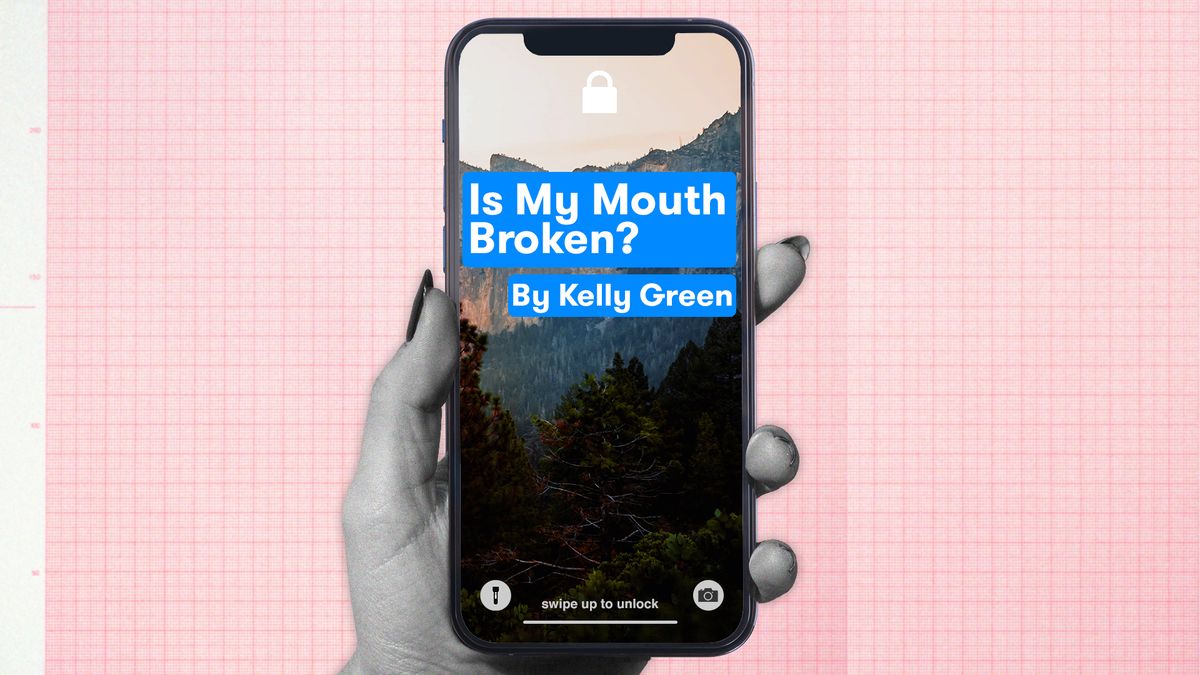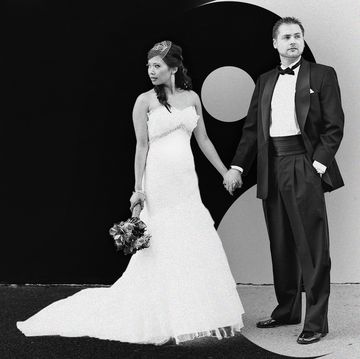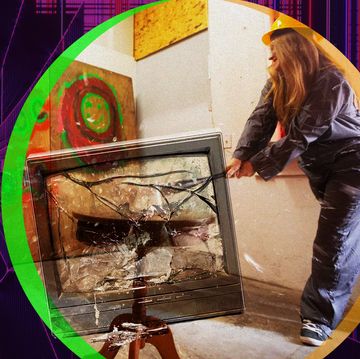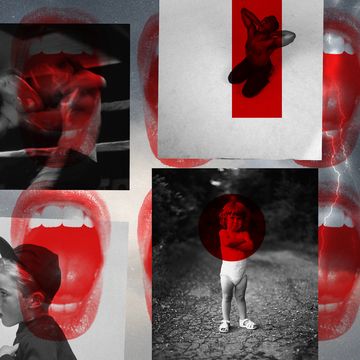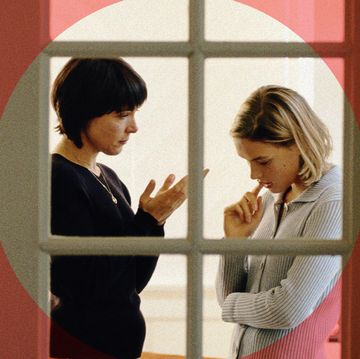Friendships are love stories too. In the Shondaland series The Art of Friendship, we explore the beauty and complexities of friendship, as well as what makes it so powerful. From expert tips on how to navigate conflicts and deepen your friendships to uplifting stories of reconnections and advice on making new friends, these stories are reminders of the joy, value, and meaning that companionship brings to our lives.
Matt Villano was living in Seattle trying to make it as a travel writer 20 years ago when he was introduced to another writer by a mutual mentor in the magazine world. With a shared passion for words and adventure, the two men bonded, often getting together for coffee, dinners, and industry events.
About a year and a half later, Villano discovered that his friend was intimate with colleagues outside of his marriage. “It was behavior that, once it became clear, did not jibe with my own personal values,” Villano recalls, “and also seemed to me to be really reckless. I cut him off and didn’t give him an explanation.” He stopped responding to his friend’s emails and started avoiding him at functions.
Villano doesn’t regret the decision, but he does feel conflicted about how he went about breaking off his friendship. “If the whole thing had played out again today, I would have been much more communicative because I am a much more communicative and connected person to my own feelings now,” the 47-year-old journalist reflects. “I think that was more out of fear and inexperience, maybe immaturity, than anything else.”
While he knew he needed separation, Villano was still disappointed to lose a good friend. It took him more than a year to dissociate and remind acquaintances that they were no longer pals. “It’s not easy to go through,” says Leanna Stockard, a licensed marriage and family therapist at LifeStance Health, about dissolving a years-long connection. “You imagine [friends] being in your life for the entirety of your life, just like we do when we’re dating somebody or in a long-term relationship.”
Many people tend to create space from former friends without any conversation because it’s easier to do. However, the reverberating effects of loss still exist. “One of the reasons it’s hard to let go,” says friendship coach and educator Danielle Bayard Jackson, “is because you’re not just releasing the bad, you are releasing the good too.” Another reason it can be tough to make the complex call, especially directly, is fear of the other person’s reaction or what they might share with others.
When it comes to friendships gone south, the widely accepted approach is: If they’re toxic, just cut them off. “It’s hard,” Stockard says, “because conversations are hard. A lot of us don’t know how to talk through really challenging things, especially with a friend.” Instead of turning our heads when a platonic relationship has run its course, what if we truly learn how to emotionally and physically separate from another person?
“Ultimately,” Stockard says, “a friendship is a relationship that you’re in.” If you forgo reflection and closure, you could be left questioning whether you made the right decision down the road. “Without that proper parting, at least within yourself to determine whether or not a parting is appropriate, it could be harder to grieve because we don’t get that resolution or closure that we could potentially want within a relationship.”
Learning how to properly part ways with a pal is important not only for their overall well-being but also for yours. A 2007 Annals of Behavioral Medicine study discovered that half-in, half-out friendships may be more physically stressful and detrimental than outright negative friendships. “Individuals may not be able to fully relax in the presence of ambivalent friends,” the study notes, citing elevated levels of systolic blood pressure and higher resting heart rates.
To avoid this relationship seeping into every arena of your life, it could be physically and emotionally beneficial to sunset your time together. “Mustering the courage is one thing,” Jackson says, “but it certainly helps when you have some kind of plan for how you might get it done.”
Break or breakup?
Every healthy, mature relationship goes through ups and downs because that’s the nature of two humans with different ideals and life experiences with a long-term connection. A great place to start is taking inventory of your bond and whether it’s best for you to break it off or take some time to work through it.
“The first step that I would take,” Stockard says, “is spending some time with myself and thinking about everything that’s transpired and led to this decision for me.” You should be able to articulate to yourself in one sentence why you want to do this. “Is there anything going on in the relationship that is worth holding on to? Assess what that is.”
If you still enjoy spending time with them, but they’ve hurt you or betrayed you, that could be something worth working through. If you see that the friendship is starting to cause more pain than positives — or if being around this person makes you feel more anxiety, fear, hurt, frustration, or shame than joy — it may be time to let go. Make sure that you feel very firm and confident in your decision before moving forward. “It could come up again in the conversation,” Stockard adds.
Talk or fade?
If the other person hasn’t been reaching out, the best and most organic option could be to let the friendship mutually fade. Other times, a conversation addressing the termination may be necessary. “Whenever one party is still under the assumption that you two are fine,” Jackson says, “and that you’re going to keep things up the way that you’ve been going, but you’ve determined that you don’t want to maintain the same rhythm and that you maybe don’t want to maintain a relationship at all, I think a conversation has to happen out of dignity.”
Consider how your friend best receives feedback and processes information. If you feel your friend might be receptive and apologize, cares about and didn’t intend to hurt you, or may want to do better in the future, it could be worthwhile to have a discussion with them first. You may be able to come to an understanding or agreement, or at least set boundaries moving forward.
If this person has a history of hurting, betraying, gaslighting, or picking on you, and the thought of meeting up with them doesn’t just bring about normal nerves but also fear, anxiety, or dread, Stockard says it might be the safest option for you to disengage entirely. “Letting that fade out,” she says, “could be a good solution.”
Plan a script
Once you decide that a conversation is warranted, frame how you will approach your friend. The main focus should be letting them know your decision. Stockard says to communicate what you want in a way that’s firm, confident, and feels good to you.
“I recommend having these conversations in person,” Stockard says, “because through text messages, tone can get completely off the rails.” If a face-to-face chat is not possible, request a video or phone call. Remember: In the heat of the moment, you could become emotional, intimidated, or nervous. “Practice statements,” Jackson says, “and get prepared for what you want to say.”
Pointing fingers, no matter what the situation is, may not elicit the response you seek from your friend. “It needs to be focused on what you’re moving toward,” Jackson says, “instead of highlighting all their perceived inadequacies because that rarely goes well.” The friendship coach recommends saying something like: “I’m sorry. I love you, and I don’t want to hurt you, but I’ve given this a lot of thought, and I won’t be able to maintain this friendship in the way that I have been.”
Weigh the consequences
Determine if the details surrounding why you’re needing separation could be fruitful. If you believe your friend might want to fix the issue, grow from it, or be understanding, it could be useful. “The first time you do express something,” Jackson warns, “be aware of how they respond. If they’re indignant or dismissive … don’t even continue.”
No matter how compassionate or clear you are, there is a chance your friend might question, challenge, plead, or fire off insults or excuses because they are hurt or embarrassed. “Their brain is trying to make sense of what’s happening,” Jackson says. “This is a form of rejection, which is why a lot of us delay it because we don’t want to hurt people.”
Remember that there is no right or wrong when it comes to whether they are owed examples or reasons. If they continue to press you for an explanation, Jackson recommends saying the following: “I’m going to prioritize putting myself in spaces where I feel a little more comfortable to be myself.”
Prepare for a reaction
It’s easy to go down a rabbit hole of anxiety before entering these conversations, but focus on what you can control. “You can control giving a gracious, honest, fair opportunity to let this person know where you stand,” Jackson says, “and to prepare yourself emotionally to maintain that boundary afterwards.”
Keep your composure, and allow them to express how they are feeling. “You have to give space for the person to respond,” Jackson says. “This is where a lot of us go wrong. If y’all have been friends for one, two, or three years and you’re ending it in a way with some kind of medium that doesn’t allow them to have a voice too, I think you should be really careful about that.” How they respond, Stockard says, could be more feedback for you that this isn’t a good friendship.
On the other hand, you may be surprised at how well they take it. “You might learn something,” Jackson says. “They might apologize. They might tell you that they had no idea and would love a chance to correct. Letting them say their piece, if it’s appropriate, is sometimes really helpful.” It also could help provide more closure on your end.
Relay a plan
Be sure to communicate what you’re hoping the relationship will look like after the conversation. “A lot of people have to see the person later,” Jackson says. “I wish it could be clean-cut, but more often than not, that’s not the situation.”
Do you need to put physical space between yourselves in order to heal? Do you feel comfortable being in the same space but would appreciate not chatting beyond exchanging pleasantries, or at all? Can you be in a text thread together or follow each other on social media, or will you not be replying to or engaging with any digital communication?
After expressing your desires, give them the opportunity to voice their feelings on the boundaries, or if there are any they’d like to add. “They should always know at the very end of the conversation what’s next,” Jackson says. “For their sake, be very clear about what you would like moving forward, and then keep your word.”
Talk to mutual friends
Friend groups don’t have to fall apart after a falling-out. The health of your ecosystem depends on you being transparent with everyone within it. “Once you’ve been able to determine those boundaries for yourself, communicate that to not only this ex-friend but to your mutual friends as well,” Stockard says about the terms you and your ex-pal come up with.
Additionally, it could be beneficial to come up with a separate plan with your mutual friends about what you would appreciate from them. Would you be grateful if they tell you they are hanging out ahead of time so you can stay off social media that day? Would you prefer if they don’t share updates about you with your old friend and vice versa? “If this group of mutual friends are truly your friends,” says Stockard, “they’ll understand and respect that, and try to be there for you in the best way that is possible.”
Although it’s okay to express how your friend has made you feel, it’s not helpful to bad-mouth them or make your mutual friends pick sides. “I’ve seen people isolate themselves by doing that,” Jackson says, “because [their friends] feel like they have to choose. Be very careful about weaponizing things [they] shared with you.”
Let it go
“The breakup of a friendship is a loss,” Stockard says, “that you have to grieve.” The therapist says acting like the departing doesn’t bother us invalidates our own emotions and prevents us from healing and moving forward from that relationship.
Stockard says it’s important to heal the same way as if we were to break up or be broken up with a partner. “Take care of yourself,” she advises. “Do new things. Access your support systems, exercise, drink water, and do those things that just make us feel good.” If you begin to regress or regret your decision, remind yourself what you valued and learned in the friendship but also what led you to that decision. “There is no timeline for grief,” she adds. “It’s not something we should be over in a day, week, or month.”
Make sure you’re continually checking in with yourself. Take time to recover, but also know that boundaries can be shifted down the road if both parties are up for it. “If a year has gone by, and you’re not even thinking about [your friend] anymore,” Jackson says, “perhaps [you] don’t need to hold such firm boundaries with them and can be in the same space, and it’s not going to be hurtful.”
Mia Brabham is a staff writer at Shondaland. Follow her on Twitter at @hotmessmia.
Get Shondaland directly in your inbox: SUBSCRIBE TODAY


